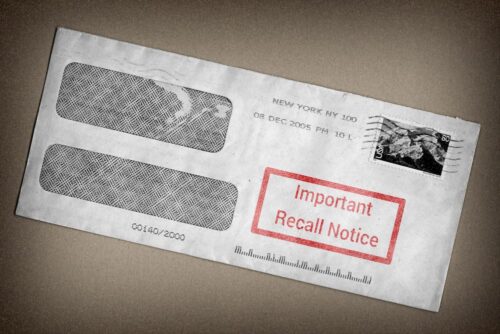
Every day, countless billions of products are sold across the United States, affecting every possible sector of society, from computer engineers to toddlers to collectible card game players. Any one of these myriad products could contain a defect or a flaw severe enough to cause harm to consumers. Under product liability law, you may still have a defective product claim regardless of whether a recall was issued. At the same time, Tennessee also offers unique protections, such as the sealed product rule, to retailers and others involved in the chain of sale. Keep reading to learn more about Tennessee specificities concerning product liability and defective product claims. If you were recently injured by a faulty product, do not wait to contact a Memphis defective product lawyer. You have the right to buy functional, safe products, and we will fight to make good on that right of yours.
Tennessee Code on Defective Products and Product Liability
Tennessee Code §§ 29-28-101 to 29-28-108 contains the applicable state law on defective products: the Tennessee Products Liability Act. The Products Liability Act goes back to 1978. It allows manufacturers and even sellers to be civilly charged for harmful actions toward the community via a faulty product or product part.
Just like other state laws on defective products, the Products Liability Act requires that the faulty product must have either a design defect resulting from flawed original plans to create the product, a manufacturing defect that may have occurred as the product was being assembled, or a marketing defect as in a manufacturer who should have placed a warning label on a potentially dangerous product.
Your attorney would likely need to show that any of the above defects resulted in your injury, and if successful, the manufacturer would be strictly liable. Strict liability means that the court is not requesting proof of the defendant’s recklessness or carelessness, only that the plaintiff used the product as it was intended and yet they were harmed.
A Tennessee Exception: Sealed Container Rule for Defective Product Claims
The sealed product rule doesn’t exist in some states, though it certainly exists in Tennessee. According to this legal rule, retailers must remove the recalled products from stores. If the retailer follows the rule, your ability to recover may be greatly limited. The sealed container rule is rooted in the idea that sellers shouldn’t have to defend themselves in court if it was never reasonably possible to inspect the faulty product in question.
There are situations where the sealed product rule is often waived, for instance when the manufacturer and the retailer are one and the same. The sealer container rule can also be rendered null if the product that caused the harm was unsealed at some point.
